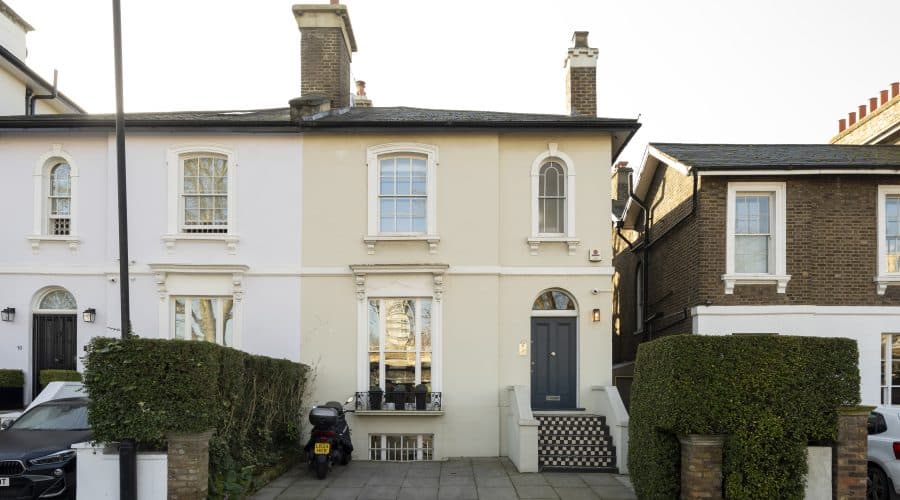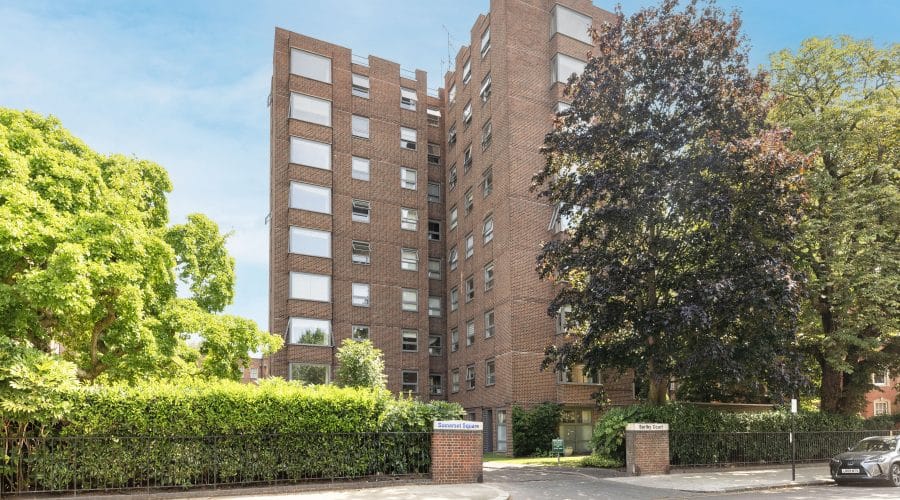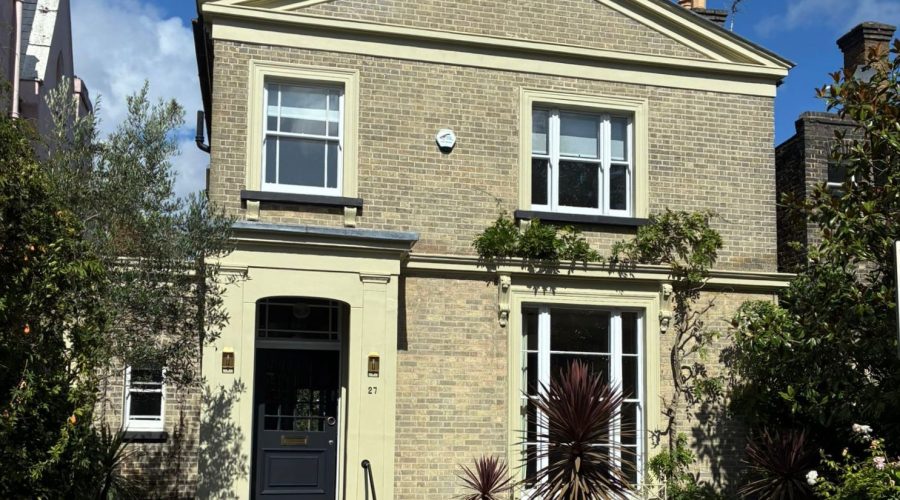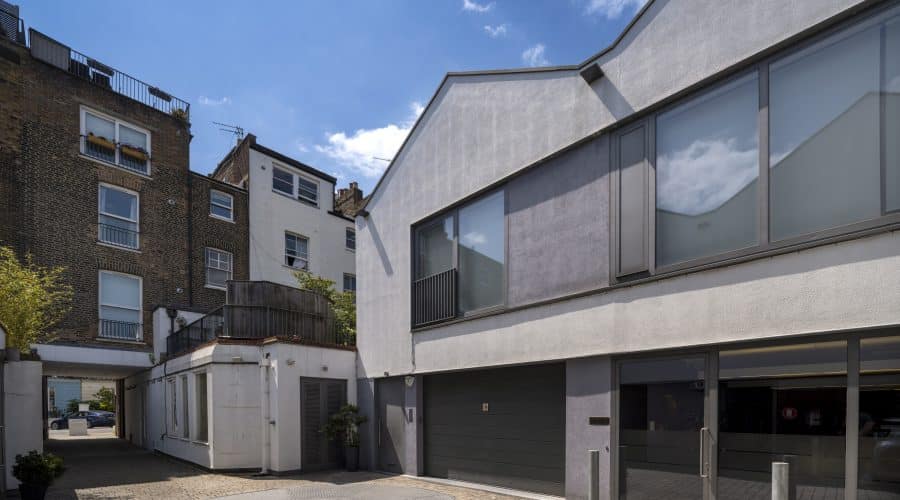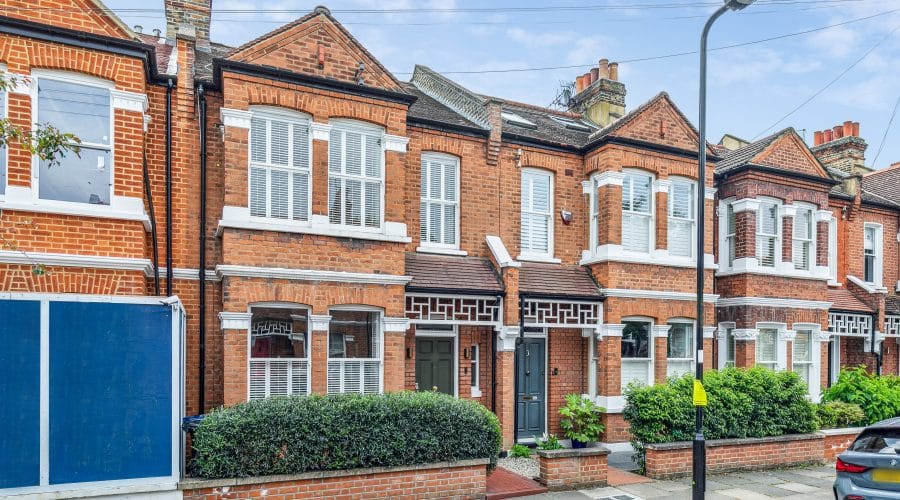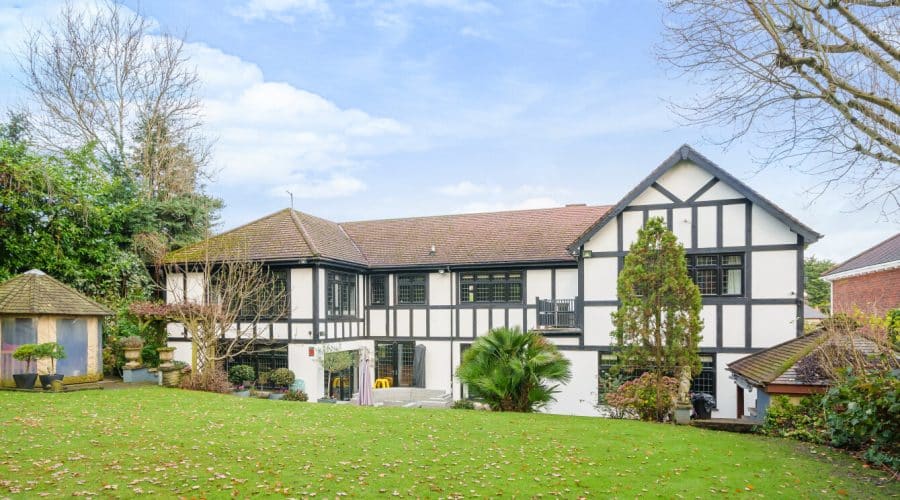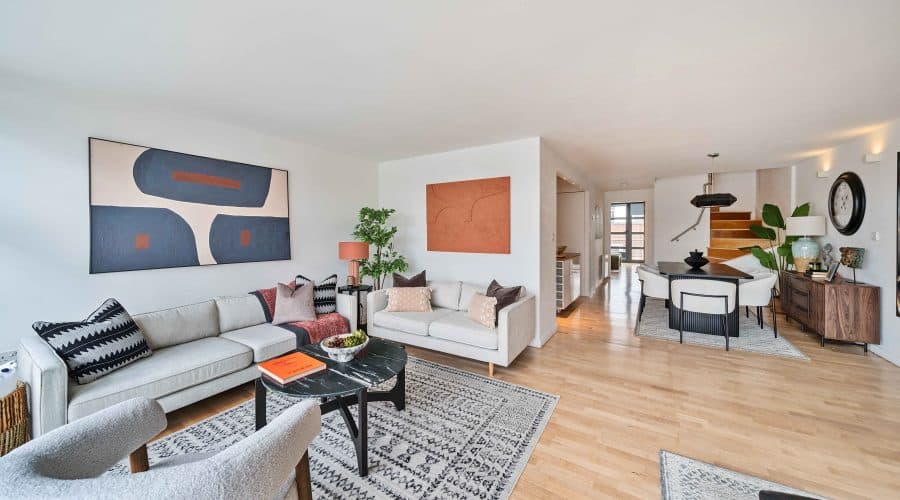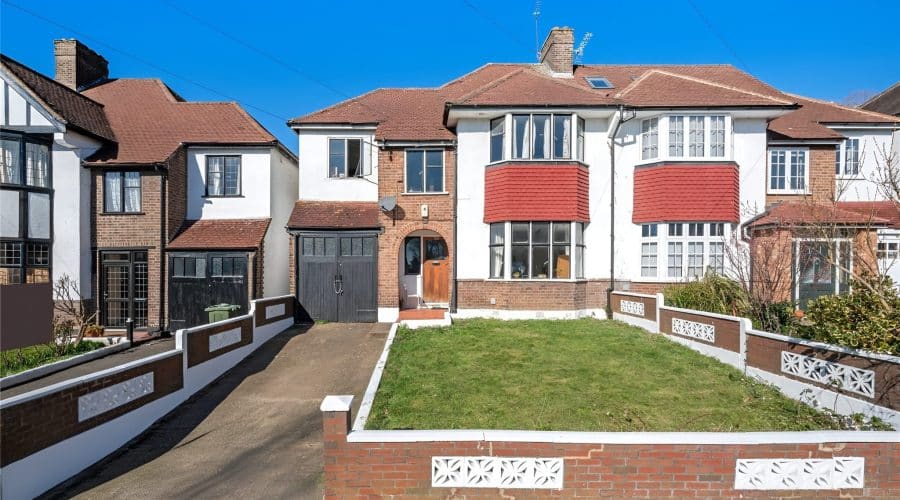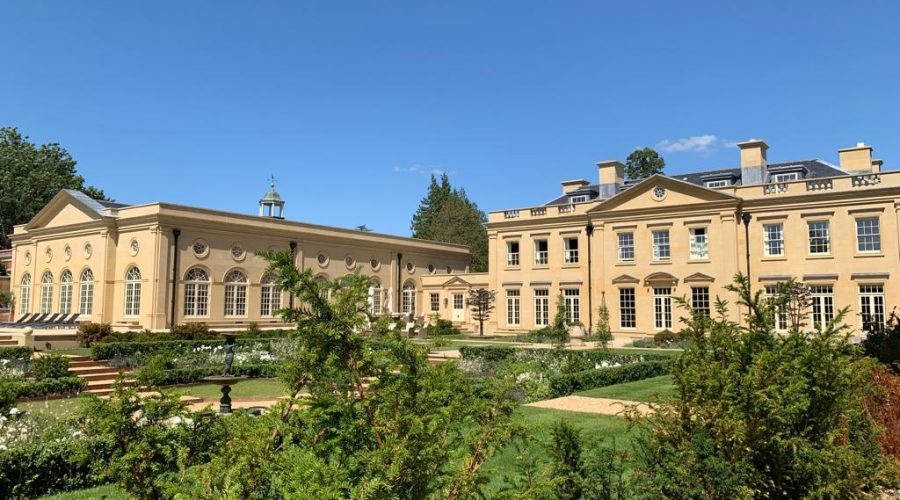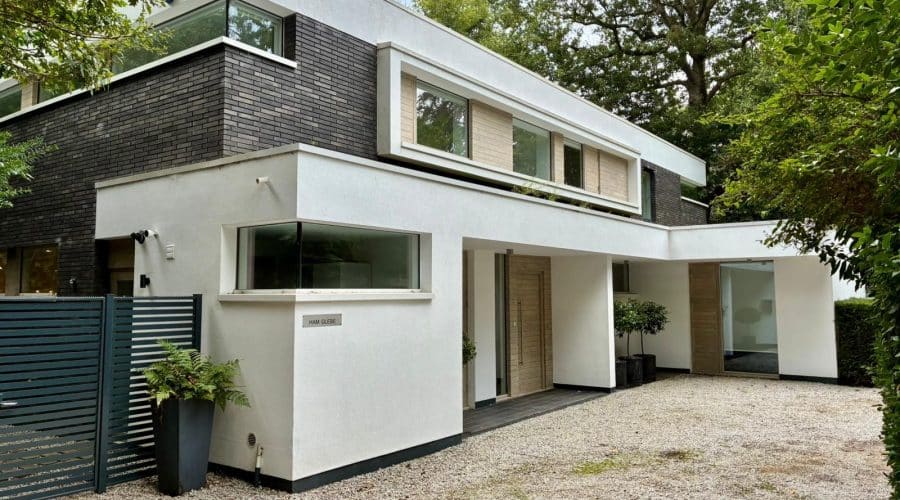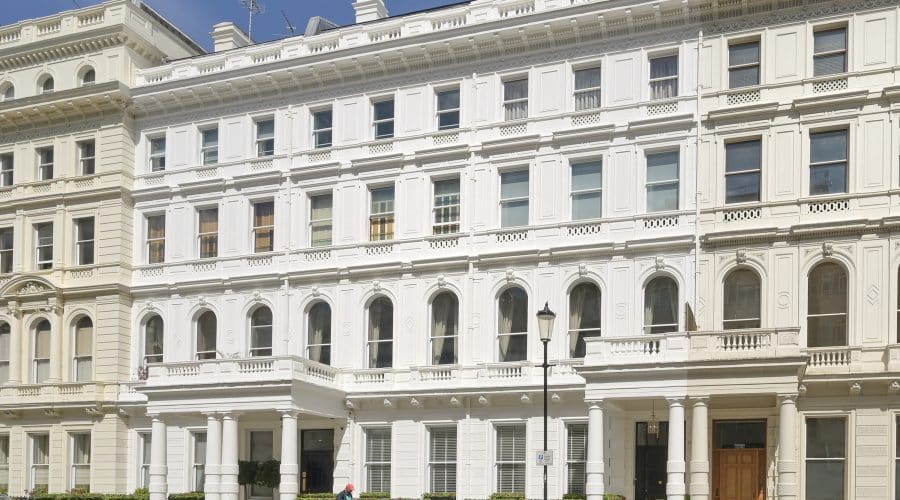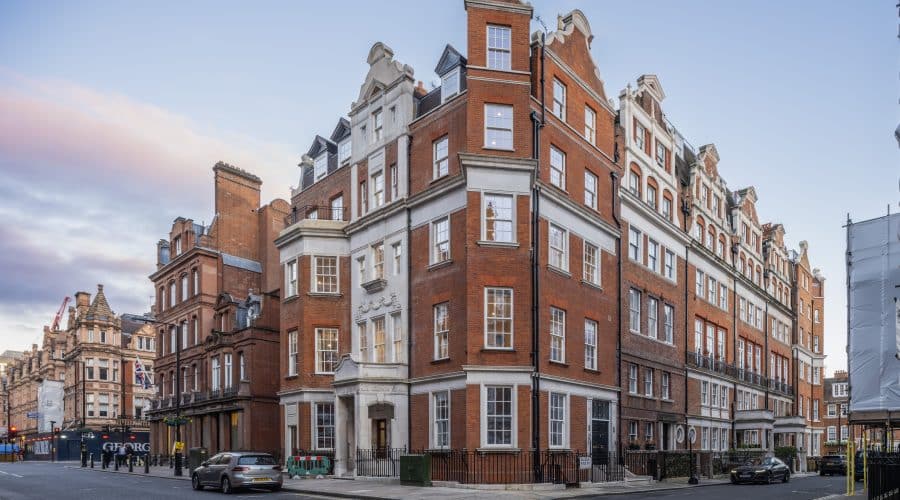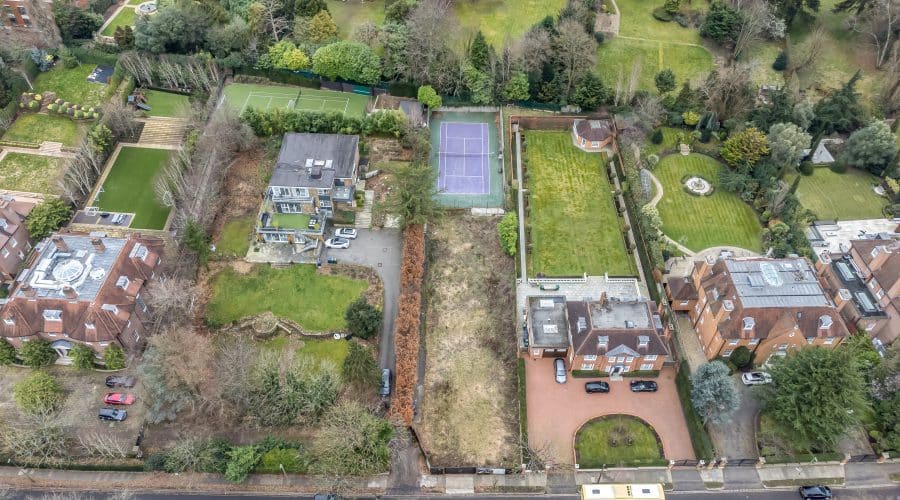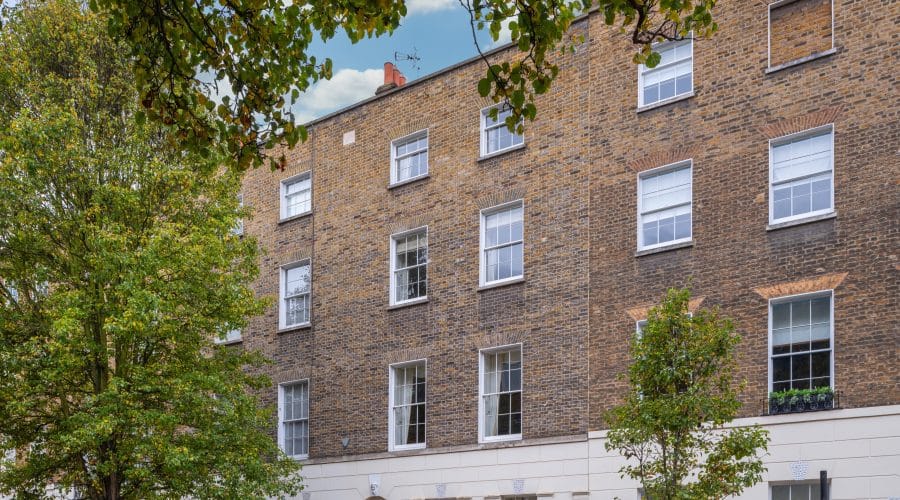By Hugh Graham
The property ladder is disappearing as young people save on stamp duty and moving costs by settling in their ‘for ever home’ much earlier
Marie Calligaris always thought her first property would be a flat, then she would gradually climb the property ladder. The trainee clinical scientist, 27, has just had an offer accepted on her first home with her partner, however, and it’s a four-bedroom house in Haslemere, Surrey.
Calligaris had been renting for several years in Brighton and her partner had been renting in London, where he works. Both had terrible landlords and endless problems. They decided it was time to buy, and moved in with her partner’s parents in Chichester, West Sussex, to save money. Haslemere was their target area because it’s a good halfway point for their commutes.
They considered buying a flat, but the threshold for first-time buyers paying stamp duty starts at £300,000 — at that price, they could have bought a one or two-bedroom flat in that area, but they hope to start a family in the next few years.
When her partner’s parents offered to help them financially, it was a no-brainer to look for a house. Otherwise they would have had to pay hefty stamp-duty charges each time they climbed the ladder. “A lot of the three-bedroom houses were in the same ballpark as the four-bedroom, and from a stamp duty point of view, there was no difference,” Calligaris says. “The four-bedroom house cost £575,000. We’re going to be paying just shy of £19,000 in stamp duty, and we would have had to pay the same for a smaller house.”
“The cost of moving is expensive,” she says. “You’re just shooting yourself in the foot if you need to move every two or three years because you have another child. We’d rather go straight for the house now and live in this property for ten years.”
The days of taking baby steps up the property ladder are disappearing, according to Camilla Dell, the founder of Black Brick, a buying agent. As property becomes less affordable, first-time buyers are getting older and saving longer by living with their parents or in flatshares. When they finally do buy — often with help from the Bank of Mum and Dad — they go big.
“In the old days, you might buy your studio, then sell it, then buy your one-bed, then sell, then a two or three-bed, then a family house,” Dell says. “That pattern, certainly in London, has vanished as a result of extortionately high stamp duty rates. People are moving less and trying to future-proof. First-time buyers want a house that will last them a good ten years.”
First-time buyers Jake Kelly and Emily Read have also gone straight for a house. Kelly, 30, spent seven years renting flats in east London and another year renting with Read in Hitchin, Hertfordshire. Kelly, an account executive for a tech firm, reckons he has spent about £67,000 in rent and thought it was time to stop throwing money down the drain. They’ve had an offer of £580,000 accepted for a three-bedroom semi in Guildford, Surrey.
They didn’t even consider buying a flat. “I’m sure for £580,000, you could secure a lovely flat in London, but then you’d have to go through the whole rigmarole of moving again if you get pregnant or get a dog,” Kelly says. “A lot of big life happenings are probably within the next five years, so it felt like a flat would be a short-sighted decision.”
Kelly finds moving stressful and isn’t keen to repeat the experience or the £19,000 in stamp duty they’re paying. Buying a house made financial sense. “My girlfriend and I complement each other quite well in terms of partnership — she inherited enough for a deposit and I have quite a good wage that allowed us to secure a good mortgage, so we make up for each other’s shortfalls.”
About 73 per cent of first-time buyers in Britain have bought a house in 2025, up from 62 per cent in 2020, according to Hamptons estate agents. In London, 50 per cent have bought a house, compared with 37 per cent in 2020. “Stamp duty is a big factor, with first-time buyers increasingly opting to buy larger homes to avoid having to move again in a few years when they won’t be eligible for a stamp duty exemption or discount,” says Aneisha Beveridge, the head of research at Hamptons.
First-time buyers pay no stamp duty below £300,000 and 5 per cent between £300,000 and £500,000. Above £500,000 they lose any first-time buyer discount.
Beveridge says the average age of a first-time buyer has risen to its highest level of 33.1, according to data from UK Finance, an industry body.
“We’re seeing a clear shift: more first-time buyers are skipping starter properties and going straight for family homes,” says James Evans, the chief executive of Douglas & Gordon, a London estate agency. “The fact that the average first-time buyer in London is in their mid-30s — more likely to be thinking about children and needing extra space — it’s no wonder we’re seeing people take the leap straight into their ‘forever home’.”
The disappearing rungs of the ladder are having wider effects on the property market, according to Dell. “There will be a potential oversupply of studio, one-bedroom and two-bedroom flats as they become less popular. And increasing demand for your three to four-bed terraced houses, starter homes in outer prime London areas.”
Dell says there is healthy competition for £1 million houses in outer prime London family neighbourhoods such as Fulham, West Hampstead, Clapham and Balham.
By contrast, demand for flats is dwindling. The problems with cladding post-Grenfell have undoubtedly cooled demand for flats. Matt Turner, the director of Rash & Rash estate agents in Southgate, north London, also says the profile of first-time buyers is changing in his patch. “They’re no longer buying £400,000 apartments. They’re now spending £750,000 and buying houses.”
Turner recently sold a two-bedroom flat he owned in the area for £410,000. “In 2016, we had it under offer at £430,000. I’ve sold it for £20,000 less nine years later. If I’d sold it then and bought a house for £500,000, that would probably be worth £700,000 now. Houses are really sought after, apartments are not.”
In London, the average price of a flat has grown only 2 per cent in five years, compared with 12 per cent for a terraced house, according to Hamptons. In Britain, the average price of a flat has increased 16 per cent in five years; a terraced house is up 31 per cent.
Buying as an investment was on the mind of Diogo Rodrigues and his partner, Laura Anderson, when they bought their first home: a three-bedroom house for £529,950 in Chesterford Meadows, a village development just outside Saffron Walden, Essex.
Rodrigues, a business development manager for a pharmaceutical company, and Laura, a PE teacher, lived at home with their parents until they were 26, saving money, then rented together for a year as a trial.
When it came time to buy, a house was the obvious answer. “One reason was that we wanted to maximise our return on investment,” Rodrigues says. “I’ve had older colleagues who bought flats as their first property, and had difficulty selling them and making a decent profit when they eventually outgrew it.
“Also, in five to ten years’ time, if Laura and I decide to have children or want to have pets, a house just made more sense.”
As befits an increasingly polarised society, the straight-to-house trend is a case of the haves and have-nots. Among Rodrigues and Anderson’s group of friends, the only ones who can afford to buy are couples with dual incomes — the single people are still renting or living with parents. It’s the couples who are leapfrogging up the ladder to their forever homes, often helped by parents.
Dell is concerned that fewer rungs means fewer moves, which doesn’t make for a healthy market. “Overall, volumes are massively down since George Osborne started messing around with stamp duty. That’s why it’s such a terrible tax. The housing market contributes a significant amount to the GDP. And yet the stamp duty stops the market from being fluid, as it causes people to stay in the same place longer than they should.” (Dell concedes another reason more people moved up the ladder in the early 2000s was because it was easier to get a mortgage).
Calligaris, for her part, is happy to be putting down roots. “We’re very fortunate to be able to live at home, to put money aside, and have parental help for the deposit. I realise a lot of people, like my siblings, are not in that position.
“I always thought we’d start with a flat, or a one or two-bed house and work our way up. But now that we’re in this position, I’m very thankful we’re doing it this way. I like knowing we’ll be there for the long term.”
